Fading Kitten Syndrome: What It Is, & How to Deal With It
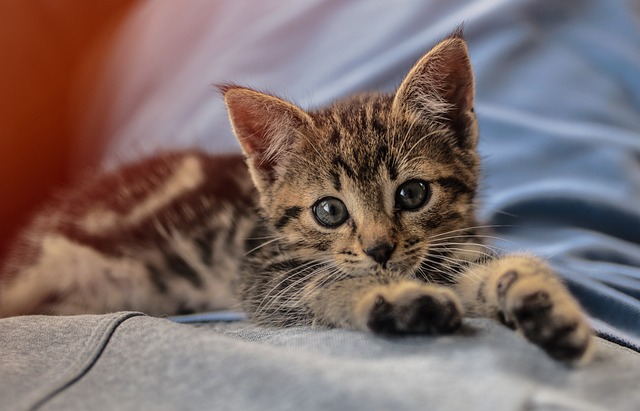
You'll agree with me when I say:
Your little furball's health is something that keeps you up at night.
The mere thought of them struggling and fading away sends shivers down your spine.
You can't help but imagine the worst case scenario, and it breaks your heart.
But hey, take a deep breath. 😊
We're in this together.
Let's uncover the mysterious fading kitten syndrome and find out what you can do to ensure your precious companion stays happy and healthy.
Shall we begin?
What is Fading Kitten Syndrome?
Fading Kitten Syndrome is a distressing condition where newborn kittens struggle to thrive. It's a puzzle without a clear cause or remedy, leaving owners frustrated. Kittens may exhibit signs like poor appetite, weight loss, and lethargy. Prompt veterinary attention is crucial, but there can be success stories with dedicated care.
Fading Kitten Syndrome (FKS) is an emotional rollercoaster for cat owners, let me tell you.
It's one of those things that really hits you hard.
You see, FKS refers to the declining health and failure to thrive in newly born kittens. It feels like they're trapped in an endless battle.
Now, here's the interesting part...
There isn't a specific cause or remedy for FKS, which adds to the frustration.
It's like trying to solve a puzzle without all the pieces.
Neonatal kittens experiencing FKS display various signs and symptoms.
These tiny furballs go through a lot.
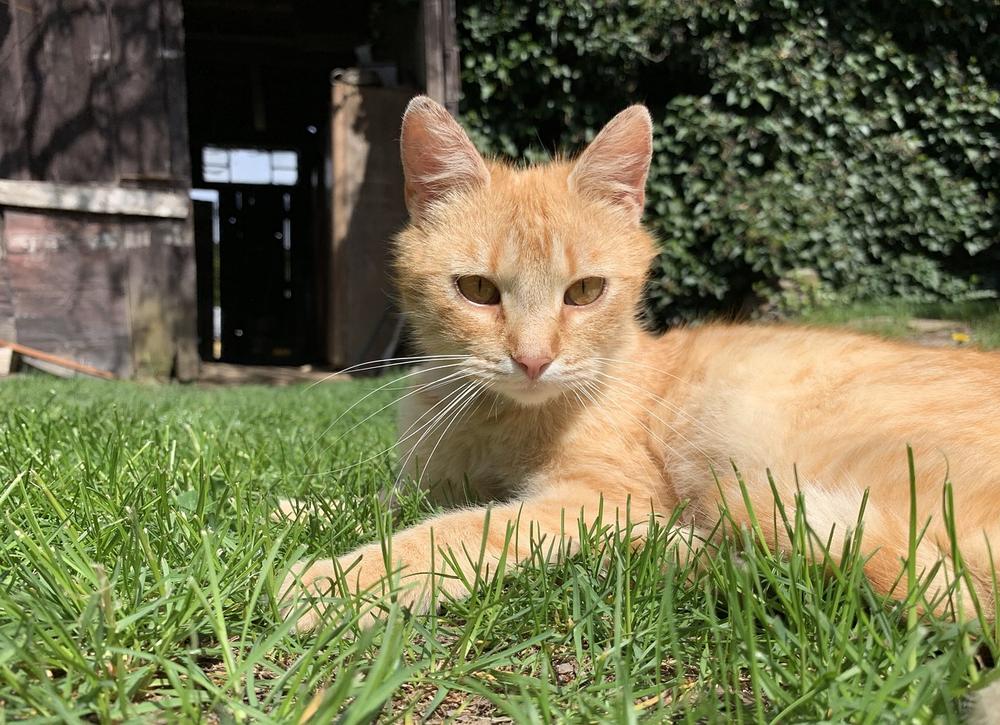
They may struggle with nursing, have a poor appetite, lose weight, feel lethargic, or suffer from dehydration...you name it. It's a challenging journey, my friend.
So, if you observe any of these signs in your kitten, the best action is to contact your veterinarian as soon as possible.
They're the experts who can provide the guidance you need.
But don't give up hope!
Sometimes, with plenty of care and round-the-clock attention, there are success stories.
So hang in there, fellow kitten lover.
Main points I'll expand upon further down this article:
- Fading Kitten Syndrome (FKS) affects up to 30% of kittens.
- FKS has multiple underlying causes and can be fatal if not treated promptly.
- FKS symptoms include lack of weight gain, lethargy, and refusal to eat.
- Diagnosis of FKS is based on observing symptoms and monitoring weight.
- Early nursing and regular veterinary visits are crucial for preventing FKS.
- Rubbing sugar water on gums can help boost blood sugar in weak kittens.
- Immediate veterinary attention is essential for diagnosis and treatment of FKS.
- Treatment involves addressing infections, preventing hypothermia, and dehydration.
- Most kittens with FKS do not survive, with high mortality in the first week of life.
- Take measures to ensure the health and well-being of the mother cat and other kittens.
But what really causes Fading Kitten Syndrome?
Well, let me tell you, it's a complex and often undiagnosed condition that affects a significant number of kittens.
From poor nutrition during pregnancy to infectious agents and genetic problems, there seems to be no shortage of potential causes.
So, if your heart aches for these fragile little ones, stay with me as we uncover the underlying factors that contribute to this critical concern...
Causes of Fading Kitten Syndrome
Poor nutrition during pregnancy, birth complications, infectious agents, inflammation of the belly button, genetic problems, and neonatal isoerythrolysis are all potential causes of Fading Kitten Syndrome (FKS).
These factors play a critical role in the development of this life-threatening condition that affects up to 30% of kittens.
FKS is no joke, my friend.
Imagine having a kitten, one day it's all cute and playful, and the next day it starts fading away before your very eyes. It's heartbreaking, I know.
But we gotta stay educated so we can help these little fluffballs.
Let me tell you why this syndrome happens.
You see, similar to sudden infant death syndrome (SIDS) in human babies, FKS is a serious matter.
Weak kittens may be abandoned by their mama cat in order to protect the healthier ones.
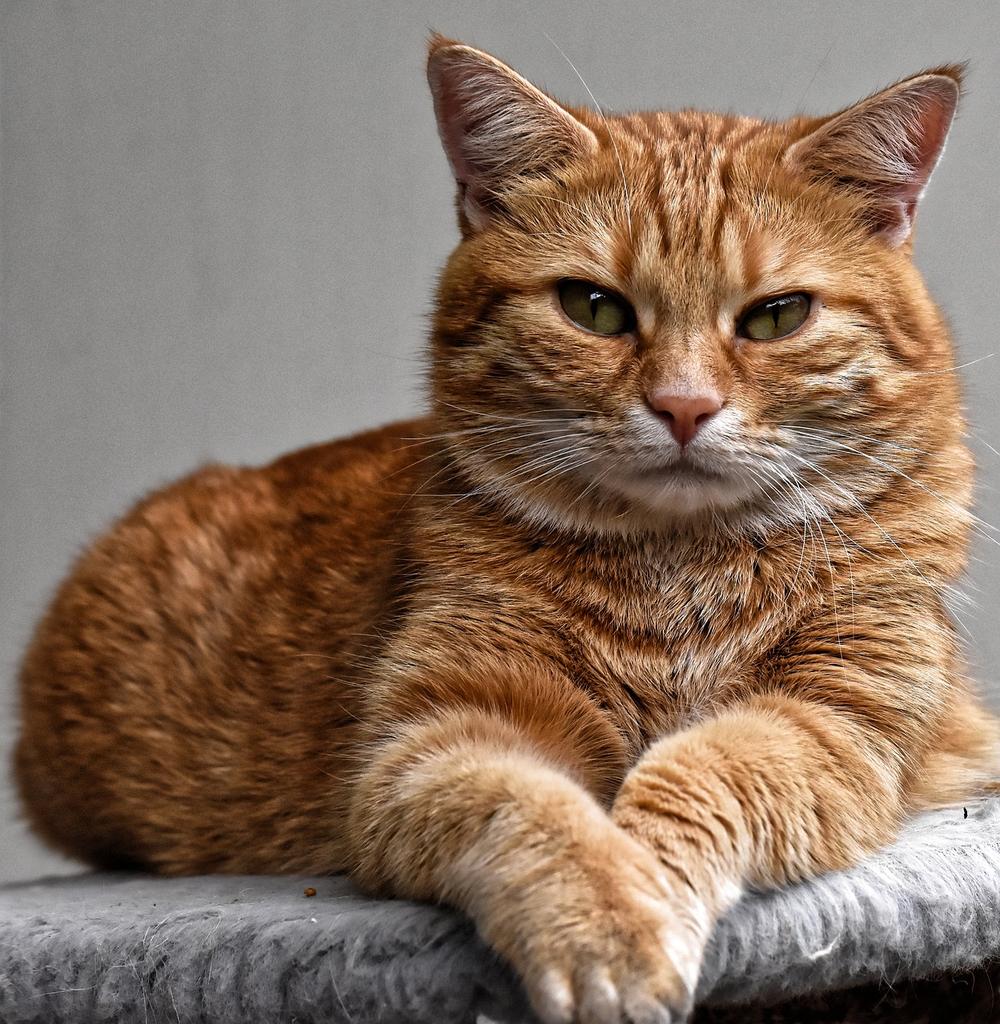
Poor babies lack the physical reserves to fight infections, making early intervention crucial.
It's like a race against time to save these little bundles of joy.
You might be wondering what causes FKS exactly.
Well, there isn't just one specific cause that we can point our fingers at.
It's a combination of many things, ranging from those pesky infectious agents like viruses, bacteria, protozoa, and parasites, to other factors such as inflammation of the belly button or, unfortunately, genetic problems.
It's a complex web, my friend.
But here's the thing, even though we might not always know the exact cause, what we do know for sure is that addressing the underlying factors is key. We gotta tackle them head-on to prevent any further decline in health or even worse, demise.
So, if you suspect FKS in your little furball, you must seek veterinary attention as soon as possible. Trust me, they'll know what to do.
Keep educating yourself, because knowledge can truly save lives, especially those of these precious kittens.
Signs and Symptoms of Fading Kitten Syndrome
Watch out for these signs if you think your kitten may have Fading Kitten Syndrome (fks):
- No weight gain: If your kitten can't seem to put on weight, it could be a sign that their health is declining.
- Sleepiness: Pay attention if your kitten starts getting sleepier and less responsive - it might indicate fks.
- Loss of appetite: Another common symptom is when kittens with fks refuse to eat or have no interest in food.
- Exclusion from the gang: Weak fading kittens often get left behind by their littermates or mom because they're not as strong.
- Breathing troubles: If your kitten is breathing rapidly and struggling, it's a serious symptom of respiratory distress linked to FKS.
- Diarrhea trouble: Be aware of frequent loose stools that can lead to dehydration and worsen the kitten's condition.
- Pale gums: Check if your kitten has pale or white gums - it means they have anemia and aren't getting enough oxygen.
- Crying more: Fading kittens might cry more often, which could be a result of discomfort or pain.
Don't forget, fks can be life-threatening, especially in the first week of a kitten's life.
Keep a close eye on your kitten's health and take them to the vet if any of these symptoms show up.
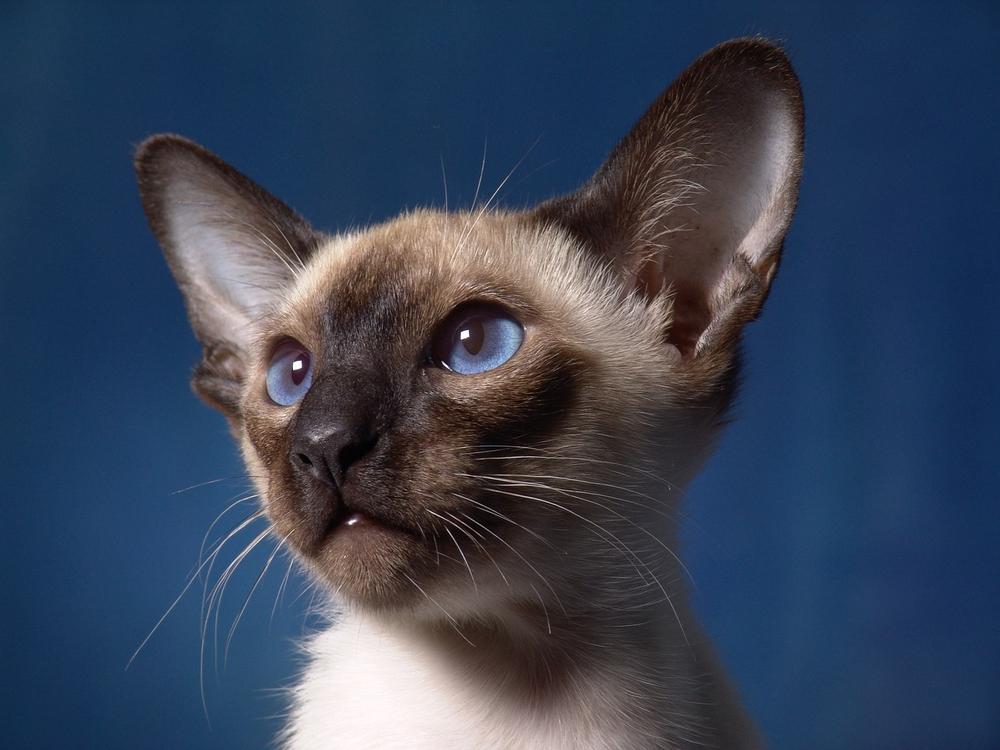
And if you're facing any concerns about your kitten's health, I can offer some guidance.
One of my articles, Head Tilt of Newborn Kitten, explores possible causes and treatment options for a newborn kitten with a tilted head.
It's worth checking out if you want to find out more and ensure your little one receives the best care.
Preventing Fading Kitten Syndrome
Proper prenatal care can help prevent Fading Kitten Syndrome.
When it comes to avoiding Fading Kitten Syndrome (FKS), one of the most important things you can do is ensure that pregnant cats receive proper prenatal care.
FKS affects newborn kittens and is often associated with inadequate maternal care during pregnancy. By providing your pregnant cat with nutritious food, a warm environment, and plenty of hydration, you are setting her offspring up for success right from the start!
Early nursing is crucial for the health of kittens.
For the well-being of those adorable little ones, it is vital that they begin nursing immediately after birth.
This is when mother cats produce colostrum, a nutrient-rich substance that not only provides essential nourishment but also antibodies to protect against infections.
Failure to nurse during this critical period can increase the likelihood of FKS. So make sure your mama cat encourages her kittens to latch on and eat right away.
It's essential for their overall health!
Keep a close eye on vulnerable neonatal kittens.
Neonatal kittens, especially those born to feral cats, require extra attention and monitoring. These tiny bundles of fur have immature bodies and immune systems, making them more susceptible to FKS.
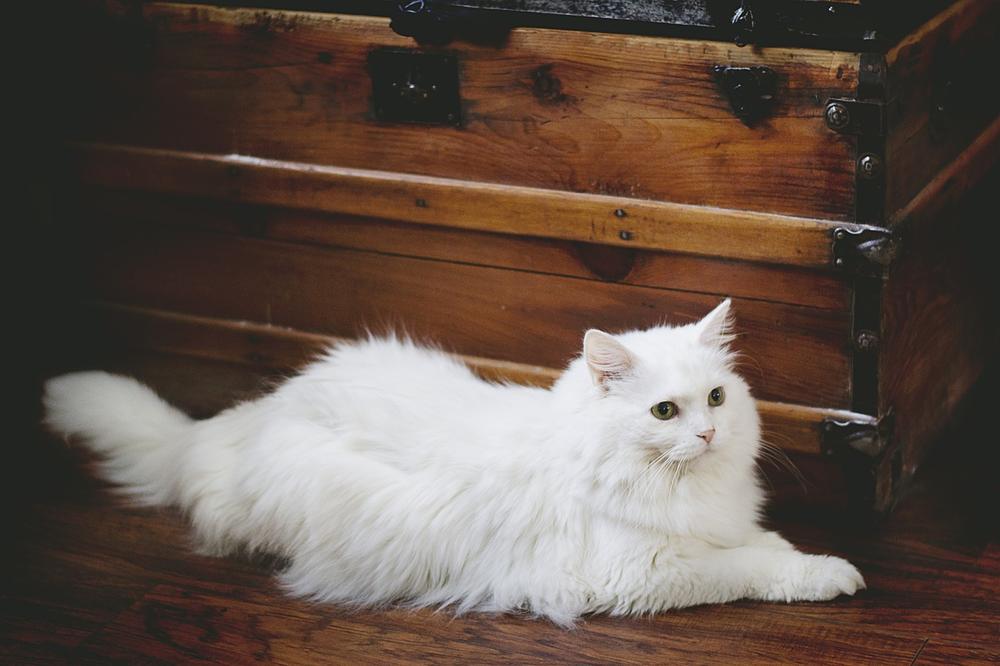
Along with ensuring they receive sufficient nutrition from their mother's milk, consider giving their blood sugar levels a boost.
Rubbing some sugar water, karo syrup, or honey on their gums can work wonders...
Just be cautious not to overdo it, as excessive sugar intake can lead to other health issues.
By taking these simple steps and staying vigilant, you can give those precious little kittens the best possible start in life.
And remember, if you find yourself feeling regret or experiencing grief after making the difficult decision to put your cat to sleep, don't fret.
I have written a comprehensive guide that can help you navigate through these emotions.
So when you're ready to explore ways to cope with your feelings and find solace, I highly recommend checking out
How to Deal With Regret and Grief After Putting Cat to Sleep.
When to Seek Veterinary Care for Fading Kitten Syndrome
To ensure the health of kittens with Fading Kitten Syndrome, follow these 11 essential steps:
- Seek immediate veterinary care for symptoms such as difficulty breathing or refusal to eat.
- Schedule regular veterinary visits and provide proper care.
- Consider pet insurance to help cover necessary treatments.
- Detect signs of illness early on to prevent complications.
- Address infections promptly to avoid further deterioration.
- Prevent hypothermia by providing a warm environment.
- Ensure proper nutrition to prevent malnutrition.
- Provide adequate hydration to avoid dehydration.
- Prioritize the well-being of the mother cat and other kittens.
- Take action immediately; do not wait for a crisis.
- Apply at-home measures before rushing to a shelter.
Seeking veterinary care is crucial for diagnosing and treating fading kitten syndrome effectively. 😺
Risk Factors for Fading Kitten Syndrome
You gotta know the risk factors for Fading Kitten Syndrome (FKS), my friend.
Now, we all know that low birthweight and reduced activity are signs to look out for. But there's more you should keep in mind:
- If mama cat isn't producing enough milk or the little ones can't latch on properly, that inadequate nursing can up the chances of FKS.
- Watch out for those harsh environments, like crazy hot or dirty conditions, 'cause they can also heighten the risk of FKS.
- If the mother cat ain't in good health, she might pass on infections and diseases to the kittens, making them extra susceptible to FKS.
- Believe it or not, genetics may have a hand in this too. Some breeds or bloodlines just seem to have a higher incidence of FKS.
- The lack of good ol' veterinary care and oversight is another thing to watch out for. It can make FKS slip under the radar without detection or treatment.
Here's the deal, whether you're a breeder or a caretaker, you need to get these risk factors through your noggin if you wanna prevent and handle FKS effectively.
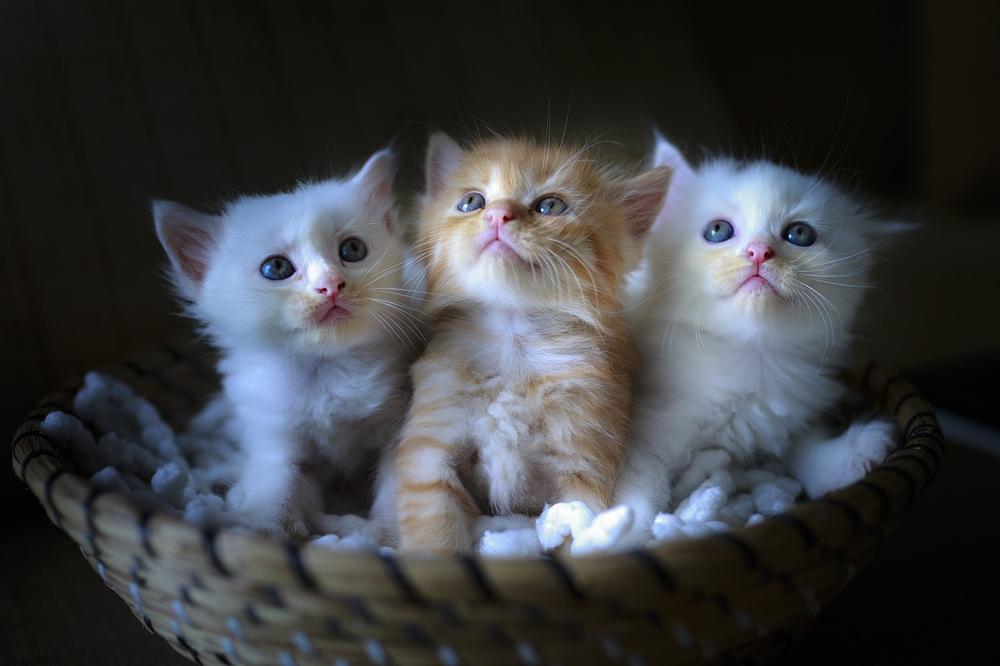
But here's the silver lining:
By addressing these factors and giving 'em the right care, we greatly boost the odds of survival for these fragile little kittens.
Seriously, spotting the problem early and hopping into action is what it's all about if we wanna give these precious lives their best shot at makin' it.
And that wraps up today's article.
If you wish to read more of my useful articles, I recommend you check out some of these: How to Hold a Pregnant Cat, Pale Gums in Cats, Did I Put My Cat to Sleep Too Soon, Diaphragm Hernia Cat, and My Cat Is Not Eating Force Feeding Your Cat
Talk soon,
-Sarah Davis